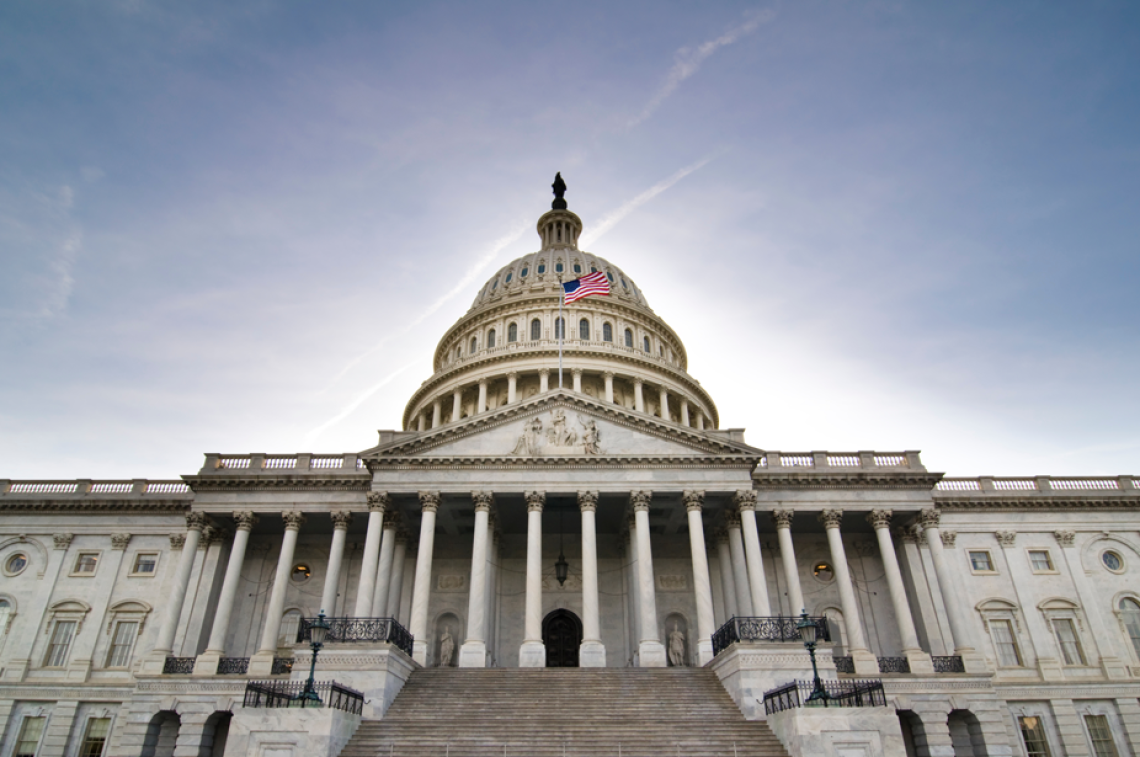Bipartisan Congressional Caucus Addresses Payments to Rural Hospitals
Legislation coming from members of the Congressional Rural Health Caucus could help sustain better public-insurance reimbursement rates for rural hospitals with small numbers of patients.

Article originally published on the Daily Yonder
A newly formed Congressional caucus hopes to help rural hospitals stay open and increase the rural health workforce.
Earlier this year, U.S. Representatives Jill Tokuda (D-Hawaii) and Diane Harshbarger (R-West Virginia) formed the Congressional Rural Health Caucus with 47 members from both sides of the aisle. The group’s goal, the representatives said, is to help inform members of Congress about rural health issues and allow them to hear directly from patients, healthcare providers and health advocates about rural healthcare challenges.
The caucus is seeking to ensure fair and adequate reimbursement rates for Medicare and Medicaid.
Two of its members have already proposed legislation to address that.
In mid-November, U.S. Representatives Carol Miller (R-West Virginia) and Terri Sewell (D-Alabama) introduced bipartisan legislation aimed at giving rural hospitals better financial stability. The Assistance for Rural Community Hospitals (ARCH) Act (H.R. 6430), would extend both the Medicare-dependent hospital program and the Medicare low-volume hospital payments program for five years.
The legislation also requires the U.S. General Accountability Office to report on rural hospital classifications to ensure that those designations are bolstering rural health care.
But Representative Miller, a caucus member, said the bill’s goal was to cut federal spending in other areas and redirect it to rural healthcare through Medicare.
“It’s just what we have to do — get rid of whatever wasteful spending that we can, and make sure that we have the money that can go into the rural areas because rural health care is very important to me,” Miller said.
The American Hospital Association (AHA) said it supports the ARCH Act. In a November 27 letter, the AHA said the legislation will help struggling rural hospitals already experiencing higher percentages of patients on Medicare.
“Your legislation will help keep the doors open at rural hospitals and allow them to continue serving their local communities during this time of sustained financial pressure and historic changes in care delivery,” the AHA wrote.
The AHA said rural hospitals are more “financially fragile” and “more dependent on Medicare revenue” because of the high rate of people who are on Medicare, the federal health insurance that covers people 65 and older. Besides tending to be older, the hospital association stated that rural residents tend to be poorer and sicker than their urban counterparts, putting a greater strain on the hospital systems that serve them. Medicare only pays 84% of what it costs hospitals to treat patients, an AHA analysis said.
In 1987, Congress passed the Medicare-Dependent Hospital (MDH) program, which allowed eligible hospitals to cover nearly all of the costs associated with treating a patient. The payments gave the hospitals greater financial stability, the AHA said. The Centers for Medicare & Medicaid Services (CMS) defines Medicare-dependent hospitals as small, rural hospitals with at least 60% of their patients on Medicare.
Additionally, the ARCH Act would extend the low-volume hospital (LVH) Medicare adjustment, which reimburses providers more for their services. Congress originally established the low-volume program in 2005 to help isolated, rural hospitals with a low number of patients. Under the current program, they must be more than 15 miles from another Medicare hospital and have less than 3,800 annual discharges or less than about eight patients per day.
According to the AHA, CMS had previously so narrowly defined the eligibility criteria that only two or three hospitals across the country qualified for the help each year.
“Certain factors beyond providers’ control can affect the costs of furnishing services,” the AHA wrote. “Patient volume is one such factor and is particularly relevant in small and isolated communities where providers frequently cannot achieve the economies of scale possible for their larger counterparts.”
Sewell said the legislation would help rural communities in her state.
“We in Alabama have seen our rural hospitals come under immense strain, threatening to make it harder for our communities to access the services they need,” Sewell said in a statement. “This legislation is about providing stability to our rural hospitals so that they can keep their doors open and continue serving patients.”
The legislation is also supported by the National Rural Health Association (NRHA). While the programs come before Congress every five years, passing the legislation is critical, Carrie Cochran-McClain, chief policy officer with the NRHA, said.
“Both the MDH and LVH designation are critical to providers across the United States,” she said in an email interview. “Now is not the time to let lifeline programs lapse. Reauthorization is critical to ensuring stability for rural health safety net hospitals.”
As re-election time draws near next year, experts expect to see members of Congress put more focus on rural health issues. Rural hospital finances could be seen as an indication of economic health for the country, Michael Shepherd, a political scientist at the University of Texas, Austin, specializing in rural health care policy, said, and therefore become a key issue in re-election campaigns.
“Some of the issues that matter a great deal in terms of the country’s economic recovery are rural hospital closures and rural hospital financing issues,” he said in an interview with the Daily Yonder. “Right now, there’s a pretty significant bipartisan push in the U.S. Senate to pass some policies that maybe will shore up the finances of rural hospitals. If those debates become particularly partisan, it’s possible that those types of discussions could be important.”

